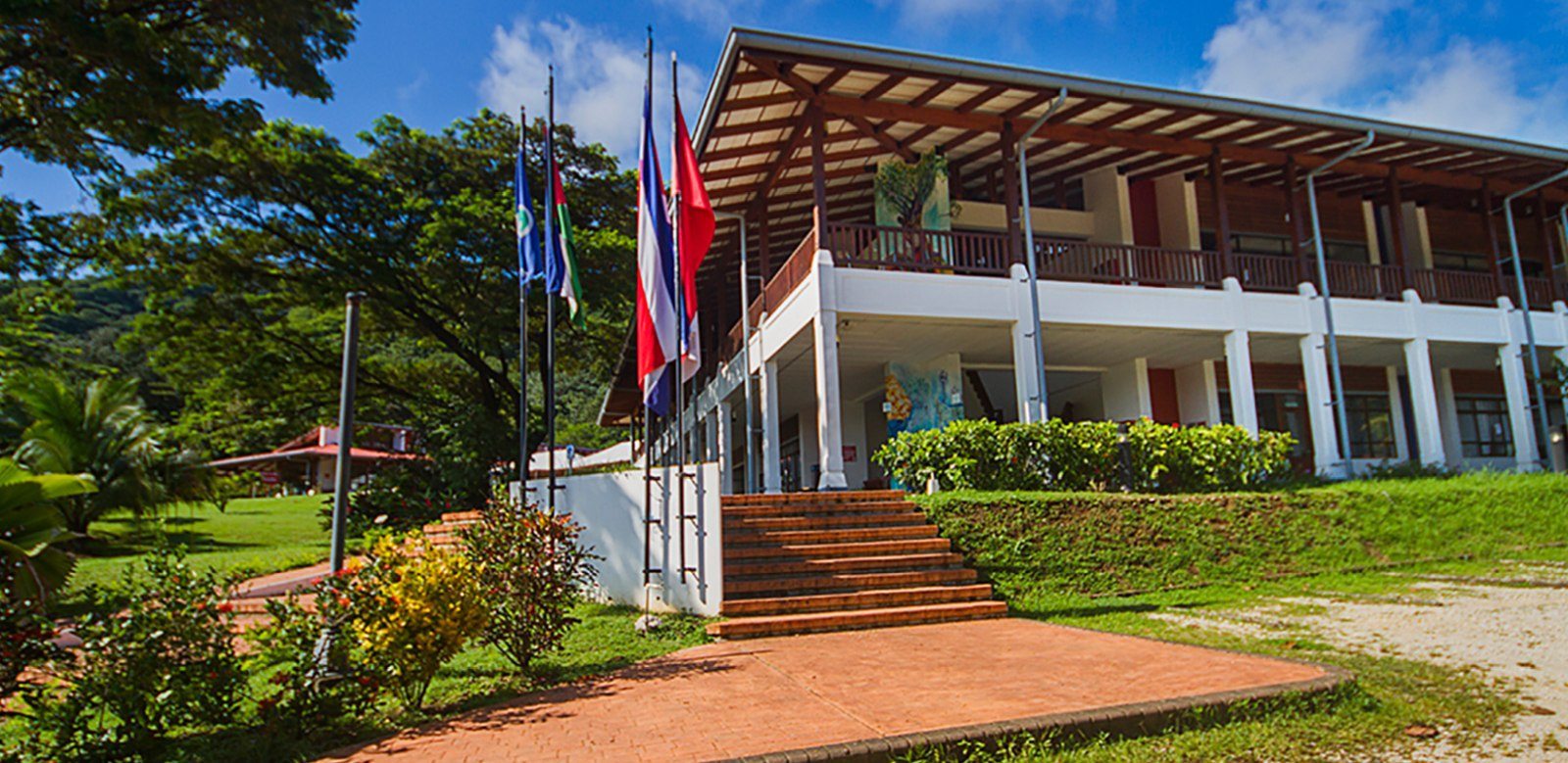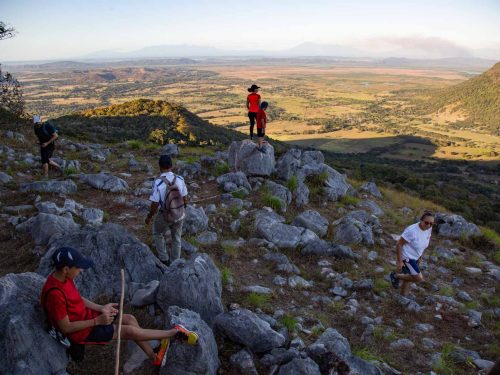
The quality of most degrees offered at public and private universities in Guanacaste is not backed by accreditation. That could hurt hiring potential for many professionals who have graduated from Guanacaste campuses.
The Voice of Guanacaste recently reviewed the database of the National System of Higher Education Accreditation, or SINAES, updated on Oct. 20, and no accredited programs appear at Guanacaste campuses, both for public and private universities.
SINAES spokesman Julio César Oviedo confirmed that only the State University at a Distance, or UNED, has some accredited degrees.
Because of its correspondence method of teaching, UNED’s procedures are unique for each major, although classes are taught from Nicoya and Montes de Oca. Other universities must accredit each major for each campus, regardless of whether or not those programs are recognized at central campuses.
Among accredited UNED programs across the country – including Guanacaste – are Natural Sciences Education, Preschool Education, Educational Administration, English, Special Education and General Education.
Why Is Accreditation Important?
Official accreditation by SINAES is a certified stamp of quality for a university major that ensures academic excellence. Normally, accreditation is valid for four years, and universities must start the process over when it expires. Universities can lose their accreditation if it is demonstrated that quality standards have declined.
In addition to validating the quality of a study program, Article 4 of Law 8798 states that graduates of accredited programs are entitled to preferential treatment in hiring by government and other public agencies.
“The state and its institutions must attempt to hire staff who have graduated from officially accredited programs,” the article states.
Accreditation is different than authorization. Accreditation is tasked to SINAES and is voluntary, while authorization is obligatory. For private universities, the National Council of Higher Teaching for Private Universities (CONESUP) authorizes schools to operate, while the National Council of Rectors (CONARE) authorizes public universities.
Is Guanacaste at a Disadvantage?
SINAES spokesman Oviedo said it is common for universities to first accredit programs at their central campuses. He stressed that the fact a program or major is not accredited does not mean a degree is invalid.
Olger Rojas, dean of the National University’s Chorotega regional campus, said university officials are aware that companies increasingly are verifying that degrees are accredited. That campus began an accreditation process a year ago for its Systems Engineering program.
The dean said one of the problems is the high cost of accreditation: $7,300 per major. Universities also must invest in structural improvements and equipment.
For newer programs, universities must wait for a first generation of graduates before beginning the accreditation process. Such is the case at technology-focused Invenio University.
Without downplaying the importance of accreditation, Invenio Director Adrian Lachner said Guanacaste students should consider the “relevance and pertinence of programs,” because many Guanacaste employers are demanding graduates from more modern programs in specific fields.
The Voice of Guanacaste tried to determine which programs in the province have begun accreditation processes, but the SINAES spokesman said the information is confidential.







Comments